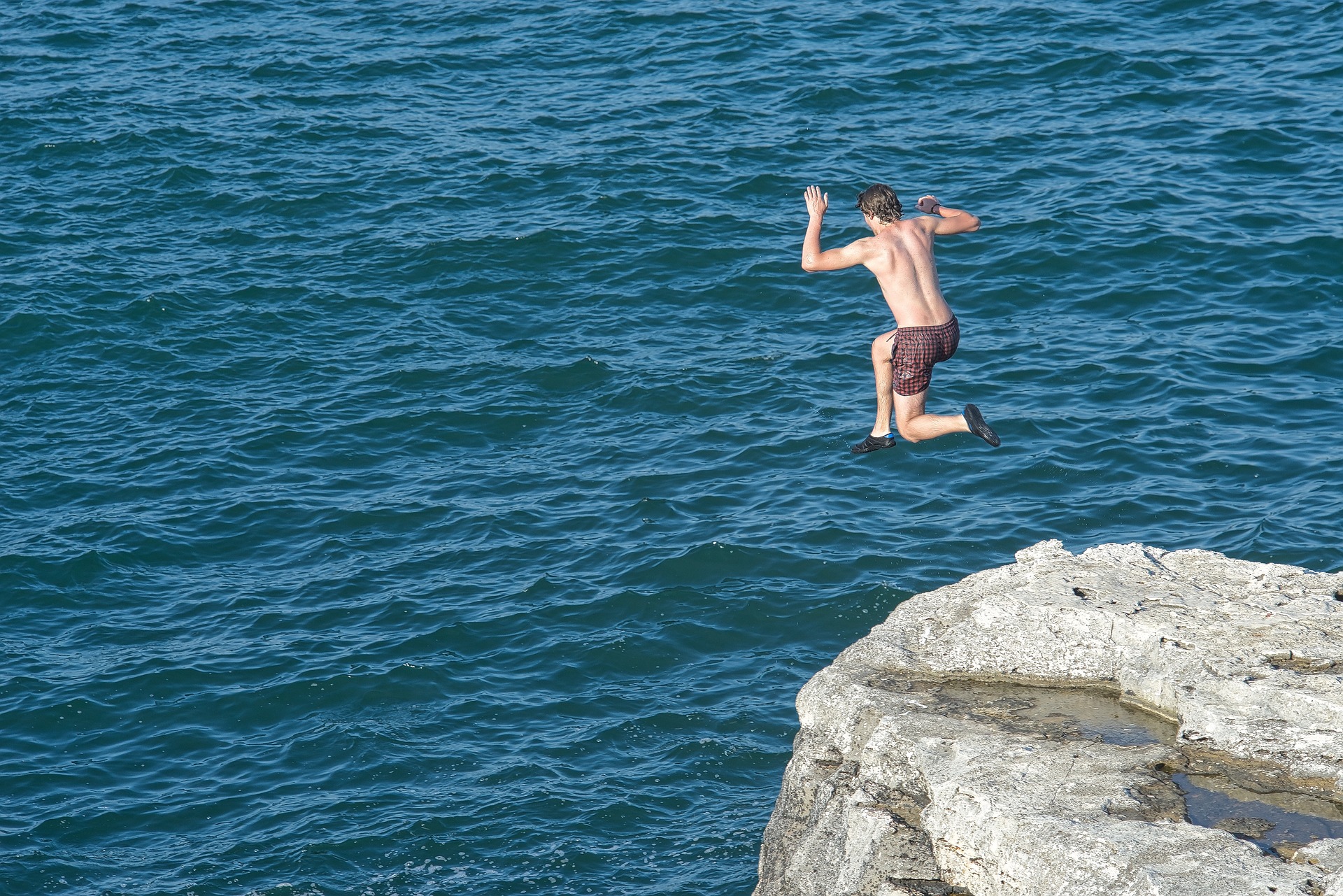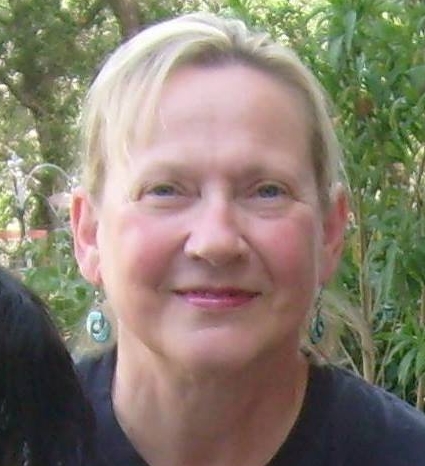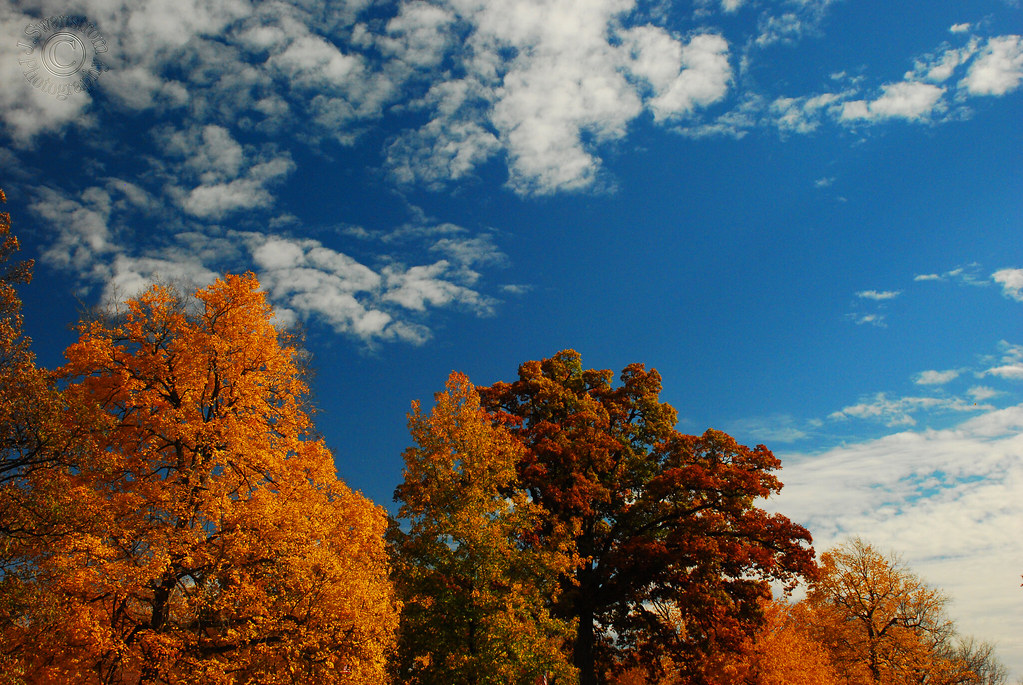An excerpt from Laurence Freeman, OSB, “Dearest Friends,” Christian Meditation Newsletter, Vol. 33, No. 3, September 2009, pp. 4, 5, 6.
Learning to be silent involves taking the attention off ourselves, at least in the way we are usually and compulsively thinking about ourselves, looking over our shoulder or peering at the horizon. What should I do? Am I a failure or a success? What do people think of me?
Such questions normally determine our decisions and our patterns of growth or decline. Each question arises from a self-objectifying sense of self, which has, of course, a necessary pragmatic role to play in life. . . … But very easily these questions can become the dominant cast of mind from which we live all the time. We become their slaves. How we see ourselves (with the ego like a continuously running security camera catching every word and gesture) and how others see us (the sense of being evaluated and found wanting) has, with the help of the media, generated a cultural obsession with self-image. Unchecked and unmodified it destroys the confidence of the true self that enables us to risk and to give ourselves—in other words, to live. [. . . .]
During a visit to Norway, . . . I swam, one glorious day, in an Oslo fjord. As I don’t like cold water I tested it with my toe and found it too cold for my liking. But shamed by the bravery of my Viking companion who had already jumped in I steeled myself and followed. The cold burst my mind open, a momentary agony, but then, as I swam around and my body temperature regulated, it eventually became delicious.
We are all frightened to jump in; we find excuses to avoid the sitting stillness and run from the dawning silence. But when we do become silent, life bursts open with a freshness and poignancy that is the energy of the life of Christ. In an instant the fears, prejudices and the self-constructed prisons of the human condition begin to crumble. Going into the inner room as Jesus tells us is one way of putting it. But as we enter this room, we discover that we are moving through space boundlessly.
After meditation: “Just Now” by W.S. Merwin in THE PUPIL (New York: Knoph, 2001), p. 62.
Just Now
In the morning as the storm begins to blow away
the clear sky appears for a moment and it seems to me
that there has been something simpler than I could ever believe
simpler than I could have begun to find words for
not patient not even waiting no more hidden
than the air itself that became part of me for a while
with every breath and remained with me unnoticed
something that was here unnamed unknown in the days
and the nights not separate from them as they came and were gone
it must have been here neither early nor late then
by what name can I address it now holding out my thanks







